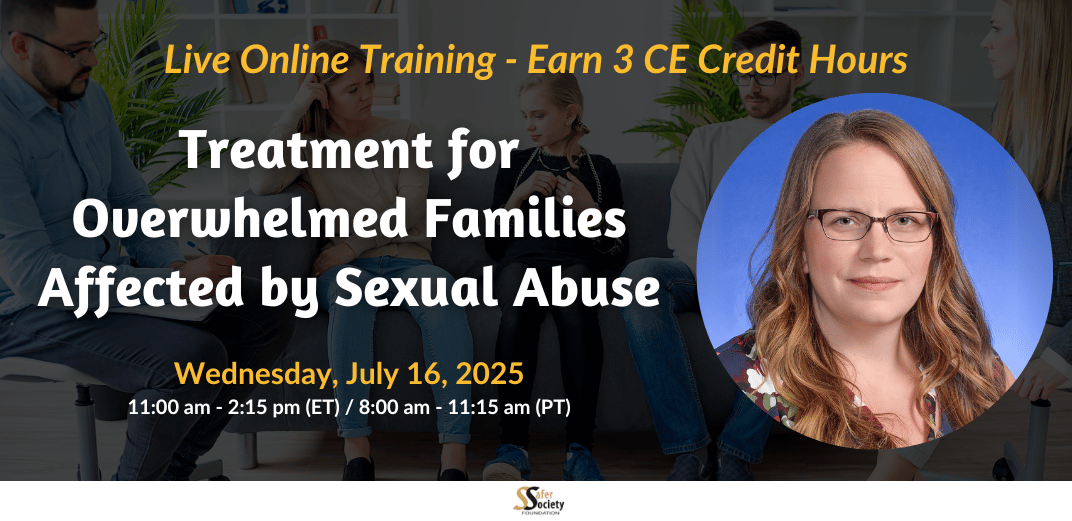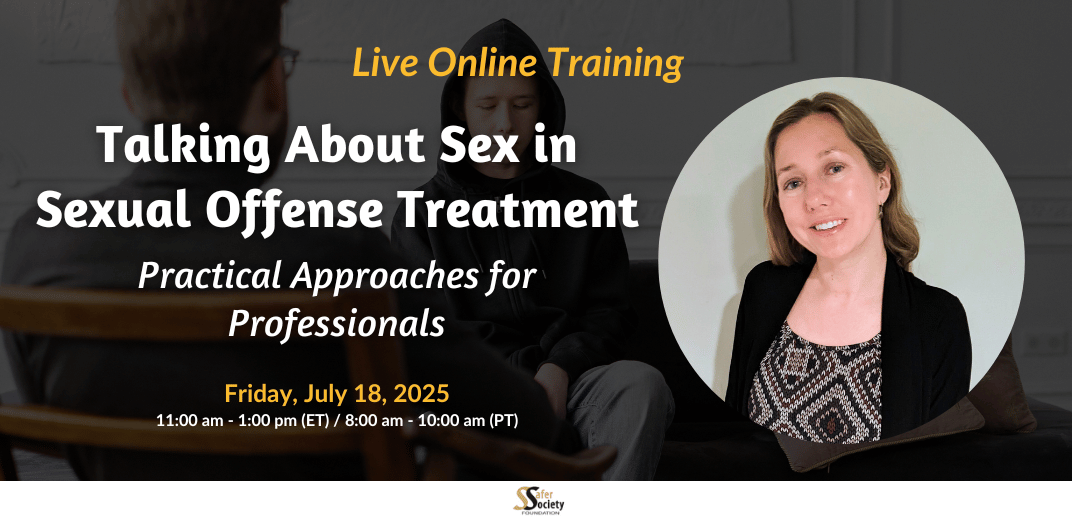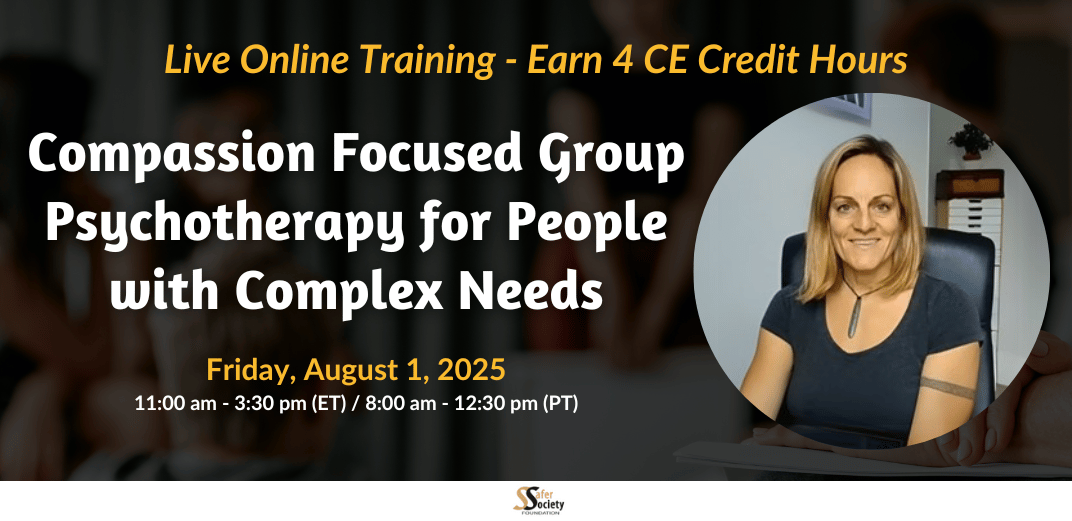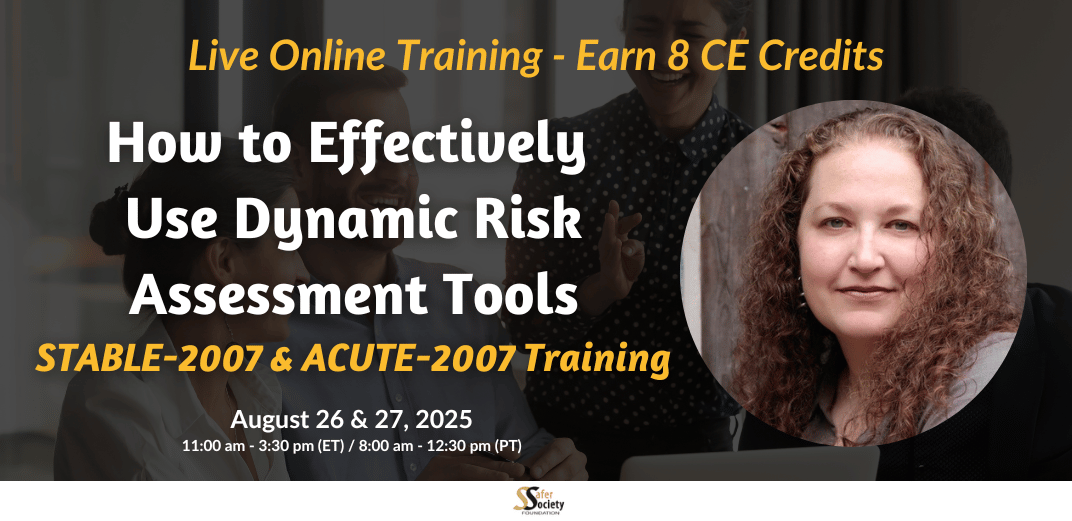Viewing Sexual Violence Prevention from a Culturally Informed Perspective
Our field’s understanding of strategies to mitigate violence has evolved significantly, expanding beyond a sole focus on risk in assessment and treatment. Yet, there remains much to learn about working with clients from cultures and backgrounds different from our own. To truly prevent violence and abuse, it is essential that professionals in our field openly discuss both our current knowledge of cultural sensitivity and the gaps that remain with one another and our communities beyond. Embracing cultural humility and committing to lifelong professional growth are key to this process.
In this free training, Dr. Alexander—an expert in culturally informed practices and policies—shares valuable lessons learned and explores future directions in the treatment and prevention of violence, particularly with respect to culturally informed assessment and treatment










